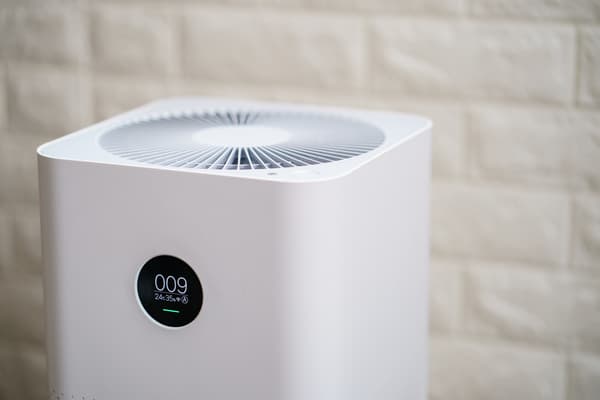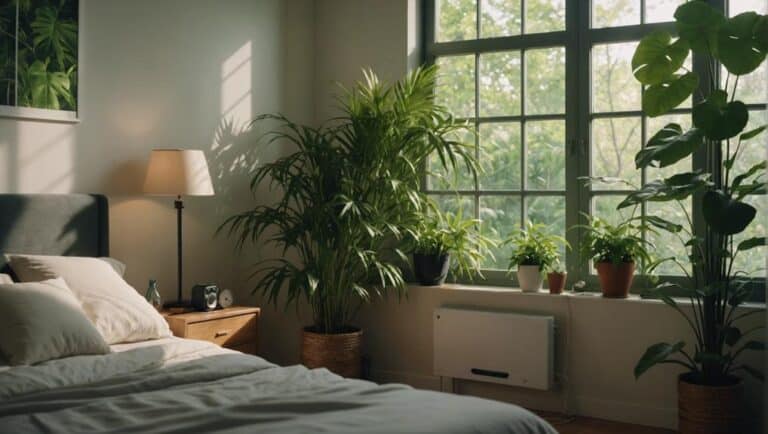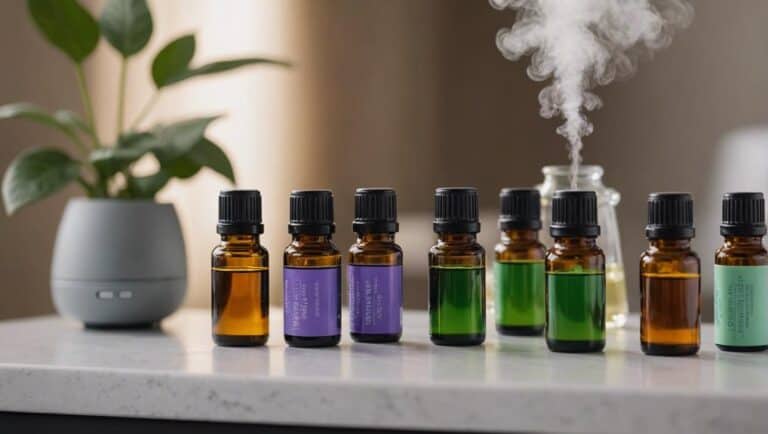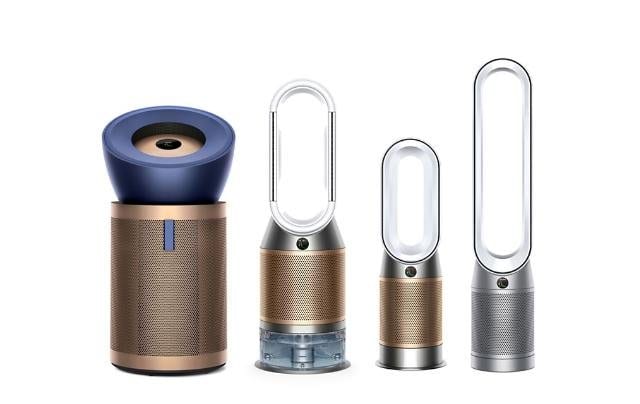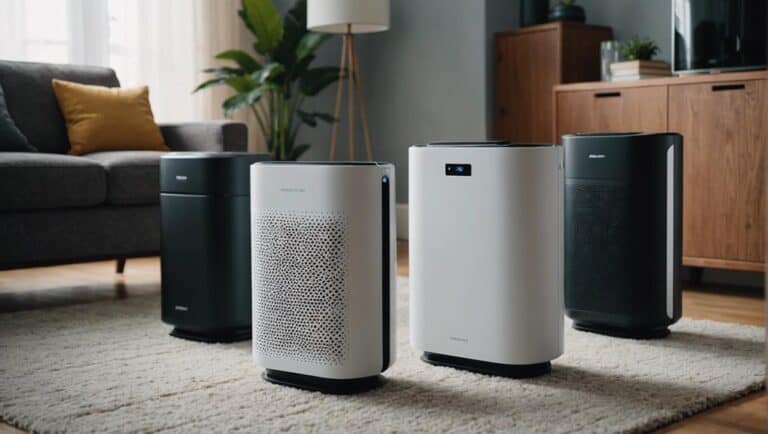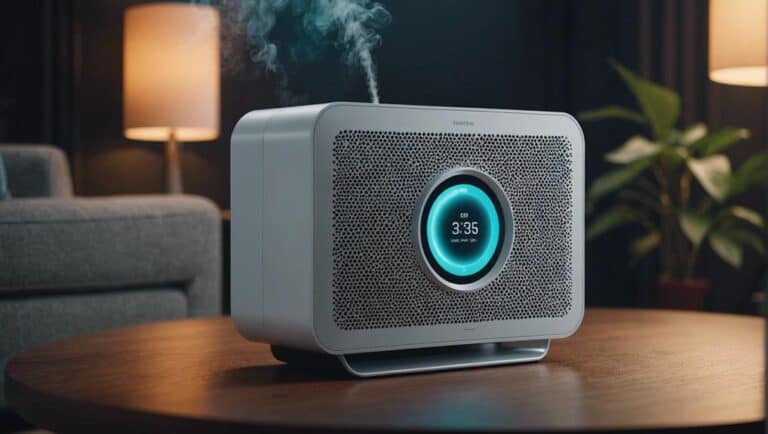why does my air purifier smell like plastic ?
When your air purifier starts to smell like plastic, it can be very off-putting. It’s not something that anyone enjoys, but with a little bit of research, you can figure out why this is happening.
The smell comes from two main sources: microbes and particles. When you have a high number of microbes living in your air purifier, the scent from their waste begins to smell like plastic.
You may also notice that odors from smelly microbes are especially strong when the air filter is new or has been cleaned. To understand why this is happening, let’s break down what causes the smell.
What causes your air purifier to smell like plastic?
The first step is to check your air purifier’s filter. If the filter has a strong odor, it may be time for a new one. Next, you need to ensure that your air purifier is getting enough airflow.
Your air purifier should be in an area where the air circulates well and there’s plenty of space around the unit. If your air purifier still smells like plastic, you may need to clean the filters more often.
If you’re using your air purifier in a room with little ventilation, this can lead to an accumulation of microbes and debris in the filters, which will cause it to smell like plastic sooner rather than later.
Finally, you might want to consider buying a different air purifier. If your old machine isn’t working anymore or doesn’t have any filters left, you can buy a new one that won’t cause such an offensive odor.
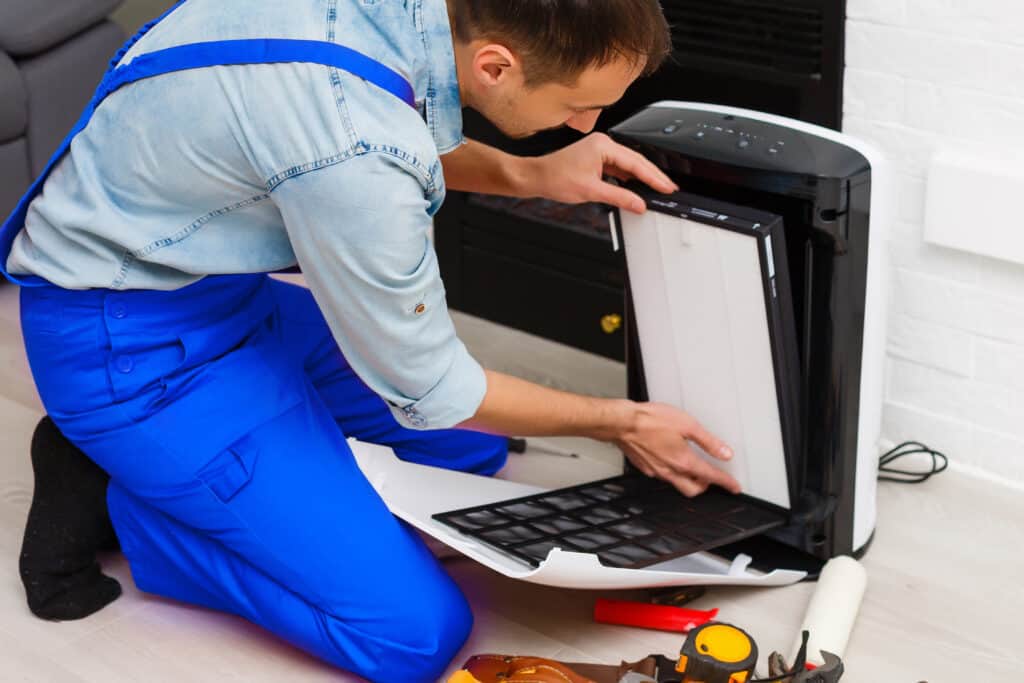
High microbial count
Microbes are the main cause of this plastic-smelling odor. When there is an overgrowth of microbes in your air purifier, they excrete waste that has a distinct smell. The bad bacteria in these microbes excrete chemicals that create a certain scent when they react with particles in your air purifier.
This is why old or dirty filters produce stronger odors than new or clean filters. These microbes can also affect how well your air purifier works by clogging up the filters and making it difficult to remove particles from the air.
These particles can go into the large pores on your filters and become trapped inside, causing them to stop working correctly and emit an unpleasant odor.
Particulate build-up
Particulate build-up is when particles from a wide range of sources are trapped in the air purifier. Particles cause irritation and can block the path for air to pass through.
For example, if soil builds up on a fan, you might see that the fan starts to smell like plastic. Particles can build up on your air purifier from sources like:
– Pets or plants that live in your home
– Dust settling on surfaces in your home
– Furniture or objects that have been rearranged recently
Weekly maintenance service
Many air purifiers are designed to require a weekly maintenance service. This means that every week, you will be required to have the machine cleaned.
Cleaning the air filter is one of the most important things you can do in ensuring your air quality is up to par. If you don’t clean your air filter regularly, the smell will become even more pronounced. If this doesn’t seem like something that would be a problem for your home or business, we recommend having it done every month just to avoid any potential issues with odors.
Another reason why odors are so strong when new or after cleaning is because when a particle of microbes come into contact with an organic surface, they release an organic acid that bonds with the surface and increases its stickiness.
The more particles there are floating around in the air, the stronger those acids are going to be. And as mentioned before, when the particles come into contact with a new surface or after cleaning, this causes strong scents that can make your whole house smell like plastic.
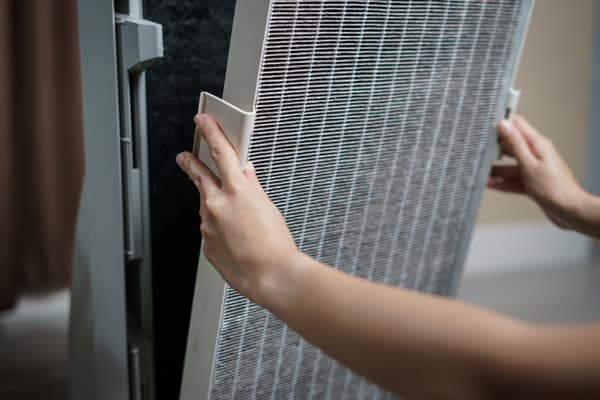
Conclusion
There are a few things that can cause your air purifier to smell like plastic. High microbial count, particulate build-up, and neglecting the need for a weekly maintenance service are a few of the possible reasons.
FAQs
What causes the smell from an air purifier?
A combination of two things can cause an air purifier to smell like plastic, both react to each other. The first is a build-up of particulate matter and microbial waste within the unit.
The second is a chemical reaction occurring within the unit. Particulate matter and microbial waste can build up over time because:
1. A smaller air purifier produces less odor-reducing particulates (thus requiring more frequent cleaning).
2. Smelly microbes are more likely to grow in the confined space of an air purifier.
3. Objects in the air purifier may be in contact with the microbial waste (rather than in its surface area) causing the waste to rot and produce unpleasant odors.
To understand the chemical reaction occurring within an air purifier, let’s take a look at how plastic is made: plastics are made by combining chemicals under high heat and pressure and then forming small chains of molecules called polymers that can absorb moisture and release it slowly (similarly to iodized salt).
What are the consequences of having high numbers of microbes in an air purifier?
The smell comes from bacterial waste that develops when microbes live in your air purifier. When the microbes die and release waste, the byproducts start to break down into other chemicals that smell like plastic.
You may notice the smell is strongest when you’re cleaning or changing the air filter. Luckily, there’s an easy way to fix this problem. You can buy special microbe-removal filters to use with your air purifier.
These filters stop microbes from growing in the first place, which prevents their waste from smelling so bad. When you purchase them online, be sure to get the one that suits your specific purifier model.
How can you reduce the smell from an air purifier?
The smell from an air purifier comes from both microbes and particles. When you have a high number of microbes living in your air purifier, the scent from their waste begins to smell like plastic. This is normal and expected.
The smell from smelly microbes is especially strong when the air filter is new or has been cleaned. It’s important to be patient when it comes to your filter’s regeneration process. Eventually, the smell will subside as the filter becomes more effective at trapping particles.
In addition, the filter should be replaced at least every three months for best results.

